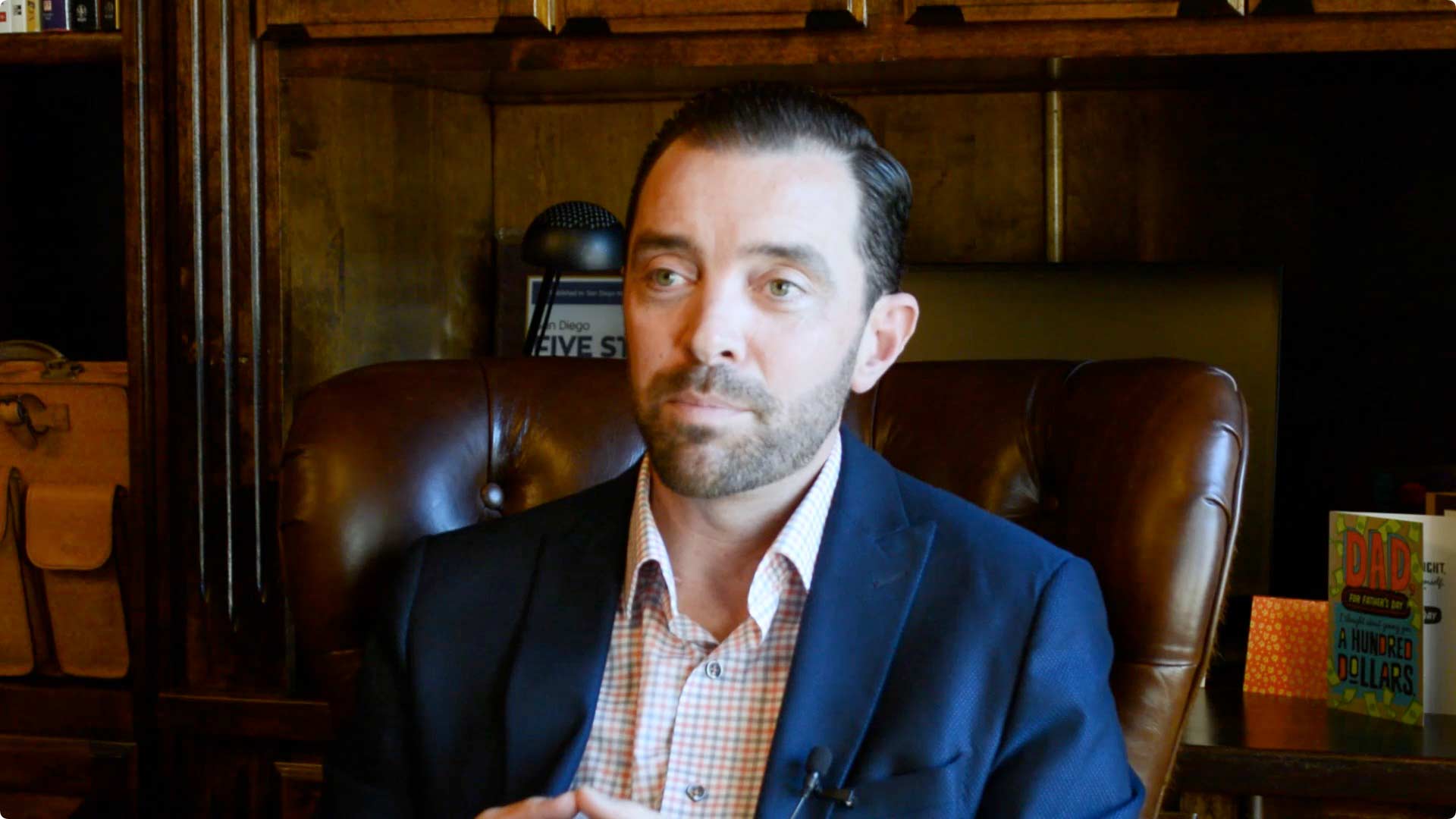Navigating the complex world of finance can feel overwhelming. You’re trying to save for retirement, plan for your children’s education, or manage your investments, but where do you turn for reliable guidance? That’s where a fiduciary financial advisor comes in.

Unlike other financial advisors who might have their own financial interests at heart, a fiduciary advisor is legally obligated to prioritize your best interests above all else.
This article will guide you through everything you need to know about finding a fiduciary financial advisor near you, including the benefits of working with one, key questions to ask, and how to ensure you’re making the right choice.
Understanding the Fiduciary Standard
The term "fiduciary" comes from Latin and means "trustworthy" or "faithful." When it comes to financial advice, a fiduciary duty means the advisor is legally bound to act in your best interest at all times. This legal obligation encompasses several important principles:
- Transparency: Your advisor must disclose all fees and potential conflicts of interest.
- Loyalty: They can only recommend products and services that are suitable for your unique financial situation and goals.
- Care and Skill: Your advisor must possess the necessary knowledge and expertise to provide sound financial advice.
- Accountability: They are responsible for the advice they give and must be able to justify their recommendations.
The Benefits of Working with a Fiduciary Financial Advisor
Choosing a fiduciary advisor offers numerous advantages:
- Objectivity: Knowing your advisor is legally obligated to act in your best interest removes any doubt about their motives and ensures they are not pushing products for their own gain.
- Personalized Planning: Your advisor takes the time to understand your financial situation, goals, risk tolerance, and values to create a customized plan tailored to your needs.
- Long-Term Perspective: Fiduciaries focus on building lasting relationships with their clients, emphasizing long-term financial well-being over quick profits.
- Peace of Mind: Having an experienced professional by your side alleviates stress and uncertainty, allowing you to confidently focus on other aspects of your life.
Finding a Fiduciary Financial Advisor Near You
With the advantages in mind, here’s how to find a fiduciary advisor who’s right for you:
- Ask for Referrals:
Reach out to trusted friends, family members, or colleagues who have worked with financial advisors they feel comfortable recommending.
- Online Resources: Utilize websites like the National Association of Personal Financial Advisors (NAPFA) or the Garrett Planning Network to locate fiduciary advisors in your area.
- Professional Organizations: The Certified Financial Planner Board of Standards (CFP Board) and other organizations have searchable directories of certified professionals who adhere to a fiduciary standard.
Key Questions to Ask Potential Advisors
Once you’ve compiled a list of potential advisors, schedule consultations to ask important questions:
Are you a fiduciary? Verify their legal obligation to act in your best interest.
What experience and qualifications do you have? Inquire about their expertise, certifications, and years in the industry.
What is your investment philosophy? Understand their approach to investing and ensure it aligns with your risk tolerance and goals.
How do you charge for your services? Clarify their fee structure, including any commissions or hidden costs.
What are your guidelines for communication and accessibility? Determine how often you can expect updates and how easily you can reach them with questions.
Can you provide references from current clients? Speaking with existing clients can offer valuable insights into the advisor’s approach, communication style, and client satisfaction.
Evaluating Your Options
After your consultations, carefully evaluate each potential advisor based on:
- Fiduciary Commitment: Confirm they are legally obligated to act as a fiduciary.
- Expertise and Experience: Assess their qualifications and experience in your specific financial needs.
- Investment Philosophy:
Ensure their investment approach aligns with your risk tolerance and goals.
- Communication Style: Choose an advisor who communicates clearly, honestly, and effectively.
- Fees and Costs:
Compare fee structures and ensure transparency in all charges.
- Personal Connection:
Feel comfortable and confident with the advisor you choose.
FAQ
1. Is a Certified Financial Planner (CFP) always a fiduciary?
While many CFPs are fiduciaries, it’s not a guaranteed characteristic. Double-check with potential advisors to confirm their legal obligation.
2. What are the consequences if a fiduciary advisor breaches their duty?
Consequences can range from financial penalties to legal action, depending on the severity of the breach.
3. Can a robo-advisor be a fiduciary?
Robo-advisors, which offer automated investment management, can operate under a fiduciary standard. Look for platforms explicitly stating their fiduciary commitment.
4. Are there any fees associated with working with a fiduciary advisor?
Fiduciary advisors often charge fees based on assets under management, hourly rates, or flat fees. Discuss fee structures openly during consultations.
5. How often should I review my financial plan with my advisor?
Regularly reviewing your financial plan, at least annually, helps ensure it remains aligned with your evolving goals and circumstances.
Conclusion
Finding a trustworthy and competent financial advisor is crucial for your financial well-being. Choosing a fiduciary advisor ensures you have a legal advocate who prioritizes your best interests above all else.
By following the steps outlined in this article, asking the right questions, and carefully evaluating your options, you can find a fiduciary financial advisor who will empower you to make informed financial decisions and achieve your long-term goals with confidence. Remember, your financial future deserves the highest standard of care.
Closure
Thus, we hope this article has provided valuable insights into Finding a Fiduciary Financial Advisor: Your Guide to Trust and Expertise. We hope you find this article informative and beneficial. See you in our next article!